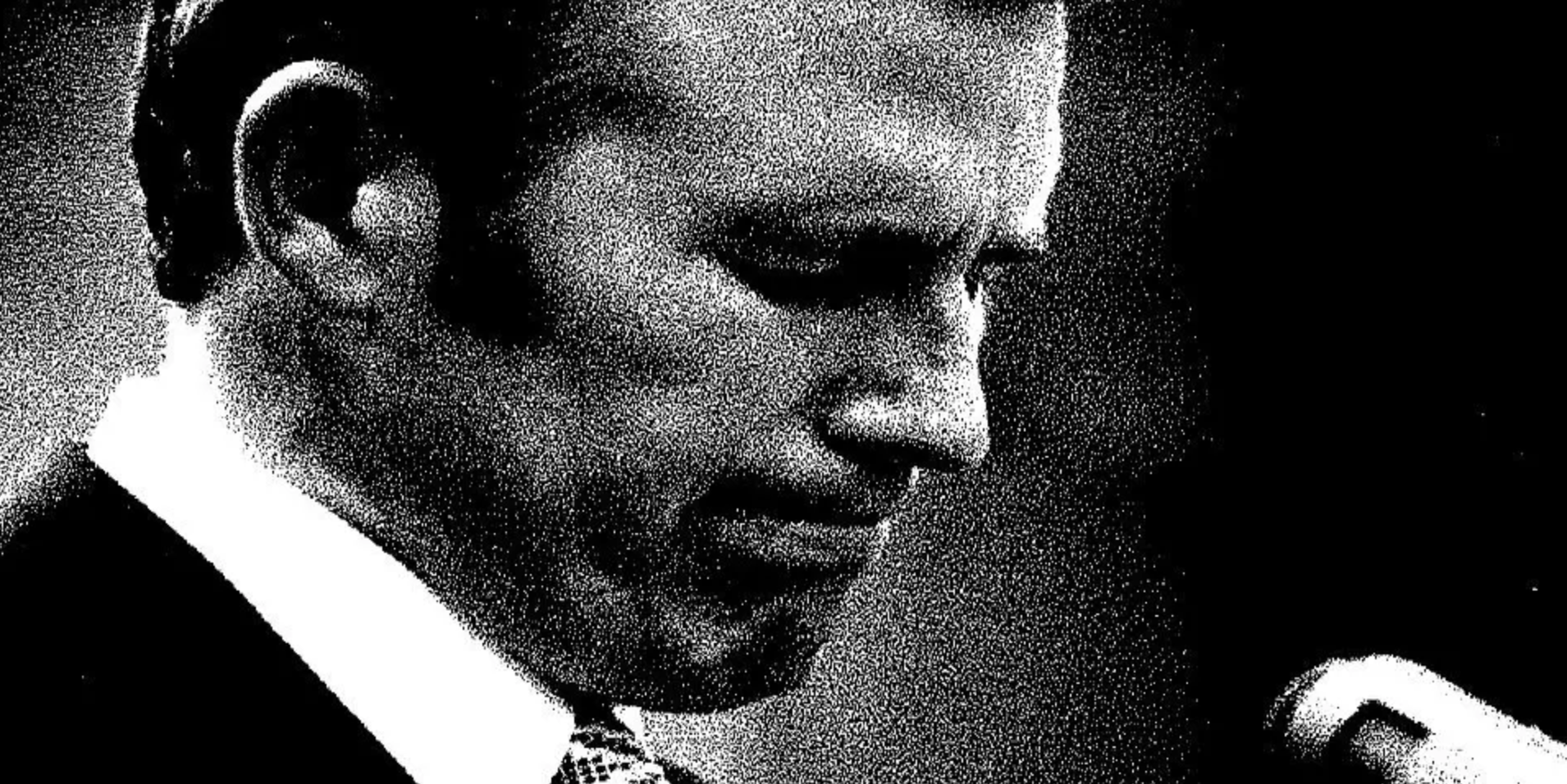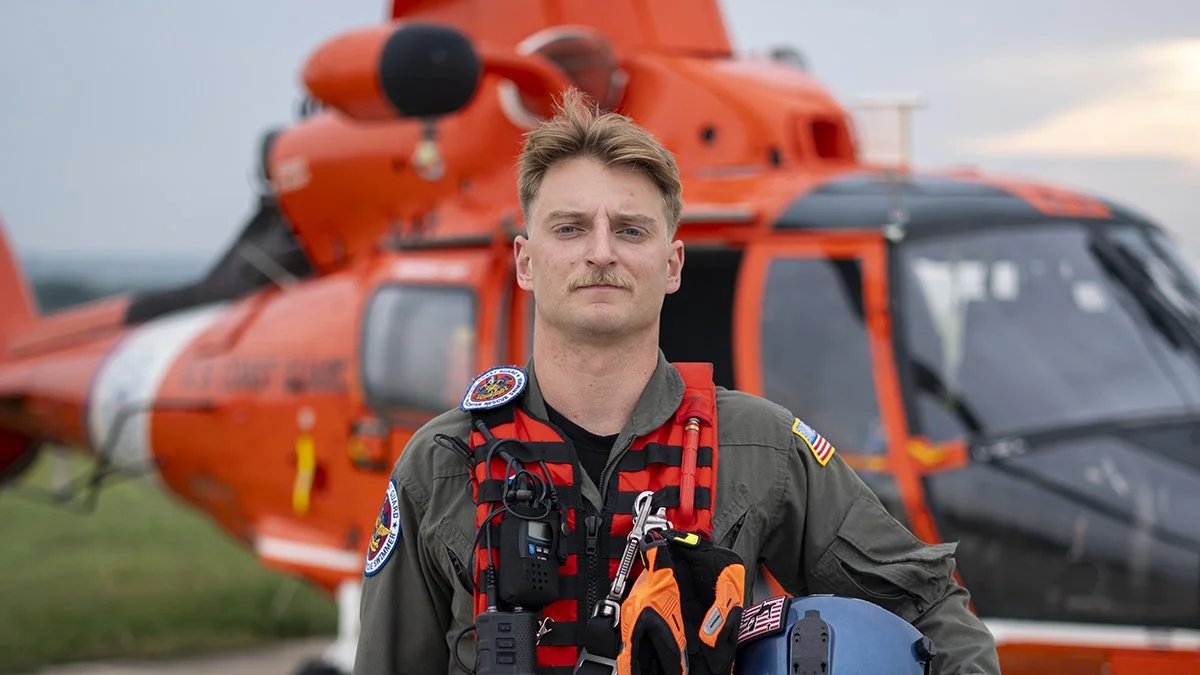Tragedy in Central Texas
I have spent several mornings this week staring at newspaper photos of some of the victims who lost their lives in the Hill Country of Central Texas over the weekend. So far over 100 people have been listed as among the dead as a result of a flash flood that roared through Kerr County and other parts of Central Texas. The death toll may climb even higher. The tragedy has left the nation in shock on what should have been a festive Independence Day weekend.
Camp Mystic, an all-girls Christian summer camp, was ravaged by the flood. Dozens of little girls were swept away in the early morning hours of July 4th by torrents of water that rapidly climbed over the river banks. Rising over 20 feet above flood level in a span of less than 45 minutes, there was no time for evacuation.
The youngest of the campers were in cabins nearest the river and were helpless against the powerful onslaught of water. What small, lifeless bodies have been found were still clad in their pajamas. The youngest was 8-years-old. I look at their faces, photos taken in happier times, and am filled with deep sadness, the kind of sadness that has poured into every cell of my consciousness.
I want desperately to sponge away the early morning hours of July 4th, wipe them from history, and image young girls running around Camp Mystic, horseback riding, laughing and gossiping with their friends, swimming in the pool, and staying up late at night dreaming of what life holds for them. But I can’t rid my mind of the newspaper images of the little girls who will never laugh again. Ten girls still remain unaccounted for.
We all know that life is unpredictable and unfair. Often there is no rhyme or reason why terrible things happen as they do. Thoughtful people of faith no longer hold God responsible for hurricanes or tornadoes or earthquakes or other natural disasters that destroy property and snuff out people’s lives. We understand that natural laws determine the course of earthly disasters and nature’s violence is not caused by a wrathful god. Even so, we hope and pray that a benevolent God will intercede from time to time and spare innocent victims, especially children, from unjust suffering and premature death.
If only God would have somehow allowed the children to be warned. Maybe he could have willed the flood waters to hold back a couple of hours before they made their way downstream. Daybreak, at least, would have given the girls and counselors a fighting chance. But the waters came roaring through the campgrounds in the darkness of night, while the children were still asleep in their bunks. Just a small, seemingly natural miracle could have saved their lives. Is that too much to ask? But, no, nothing. God remained silent. And precious lives were lost.
How can we respond to such senseless death and destruction? Pray? Maybe. Prayers, though, won’t bring the little girls back to their families. Turn away from God? Possibly. God would certainly understand. Shake our fists in the face of God and let him have a piece of our mind? Perhaps. That’s exactly what I feel like doing.
The former pastor John Claypool was devastated when his second grade daughter Laura Lue was diagnosed with acute leukemia. During a particularly difficult time in the hospital Laura Lue’s pain became excruciating. She asked her father, who stood an agonizing vigil beside her bed, if he had prayed to God to take away her pain.
Pastor John Claypool, 1930–2005
Claypool assured her that he had prayed many times for God to heal her. His gravely ill daughter whispered softly, “What did God say, daddy? When did he say it would go away?”
Looking at his terminally sick daughter Claypool had to confess that God had not said a word. Heaven’s response to Claypool’s prayers had been silence. I’m afraid God’s silence happens all too frequently.
I have learned, though, that while God may be silent during times of tragedy, we don’t have to be. We can raise our voices to the heavens and question “Why?” We can curse God’s inattentiveness and express our frustration, even anger, at his seemingly mind-numbing paralysis when tragedy strikes.
While some may think that such actions are highly irreverent or possibly blasphemous, the Bible actually encourages such confrontations. After all, if God can’t be questioned about the inexplicable tragedies that befall us, then God must be terribly insecure. And I don’t think God is insecure.
Martin Luther, who launched the Protestant Reformation, understood that sometimes the words of prayer may be couched in emotions of pain that sound ungodly to human ears but not to God’s. Luther wrote: “The curse of a godless man can sound more pleasant to God’s ears than the hallelujah of the pious.” I’m quite sure that over the last few days God has heard a number of less than pious prayers.
Martin Luther, 1483–1546
Authentic faith matures when we open our hearts to God, even if our hearts are bubbling over with rage at God’s apparent indifference to our suffering. It is reassuring to know that God invites and welcomes us to question and express anger at the way the world works. In fact, I’ve come to believe that confrontation is an essential part of faith. That we can complain, dissent, and protest about life’s injustices contributes to the very survival of our faith. Without the freedom to voice the grief, heartache, and unfairness in our lives, our faith in God would lose any resemblance of integrity.
Throughout the Bible men and women did not give God a free pass when it came to questions about divine fairness. Complaints, even curses, are found in the Psalms, Ecclesiastes, the prophets, and Job as well as in several prayers of Jesus. Nowhere does the Bible provide answers as to why things are the way they are, but we are given space to protest and shout our innermost feelings, even when those feelings are filled with rage toward God.
What happened over the July 4th weekend will not be soon forgotten. The more I dwell on what happened in Central Texas over the weekend, the more distraught I become. How can we find some trace of God’s presence in such utter horror?
While we will never be able to make sense of the deaths of over 100 people, there are also remarkable stories of brave men and women who risked their lives to save others. One young Coast Guard rescue swimmer flew a helicopter through a storm from Corpus Christi to join the rescue effort. He risked his own life by shepherding group after group to safety as the flood waters rose higher and higher. He is credited with saving the lives of over 100 people. He is just one of many who willingly put their lives in danger to saver others. Without their heroism, the death toll may have been even higher.
Petty Officer Scott Ruskan, US Coast Guard
Perhaps, whatever hope or ray of light can be found in this incomprehensible tragedy can begin with a greater appreciation for those who put their own lives in danger for people they didn’t even know. We cannot paper over the deaths of children or find satisfactory answers in the Bible as to why such things happen. We can’t read the mind of God to see some greater purpose, or brush away the pain by quoting a few comforting verses from Scripture.
The only way we can get through this is by leaning on one another. Only when those who grieve feel the genuine care from other human beings will the pain slowly, ever so slowly, become bearable. The poet Christian Wyman understands the value of a human touch when he writes:
It is not some meditative communion with God I crave.
What one wants during extreme crisis is not connection with God,
but connection with people; not supernatural love, but human love.
No, that is not quite right. What one craves is supernatural love,
but one finds it only within human love.





